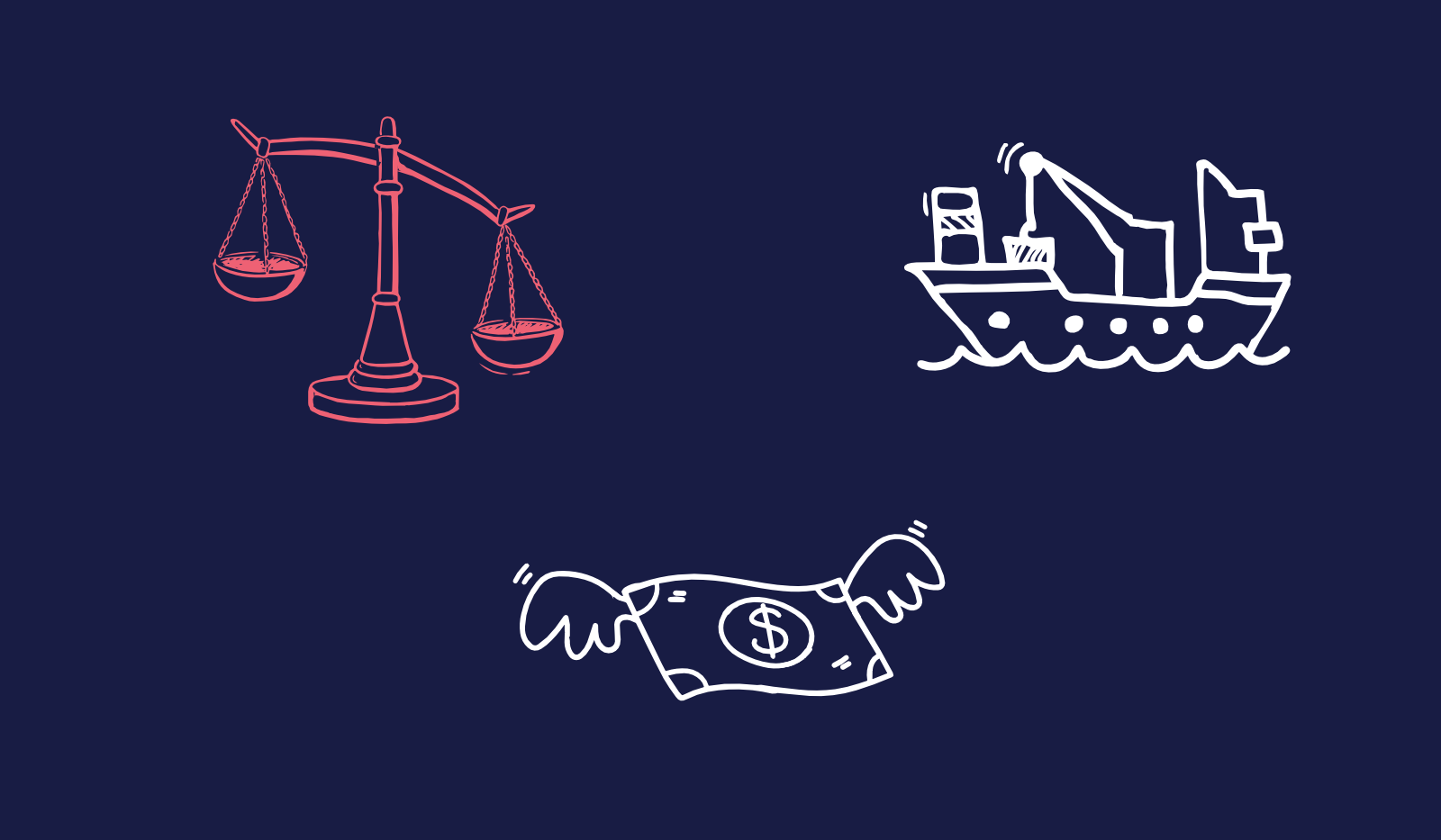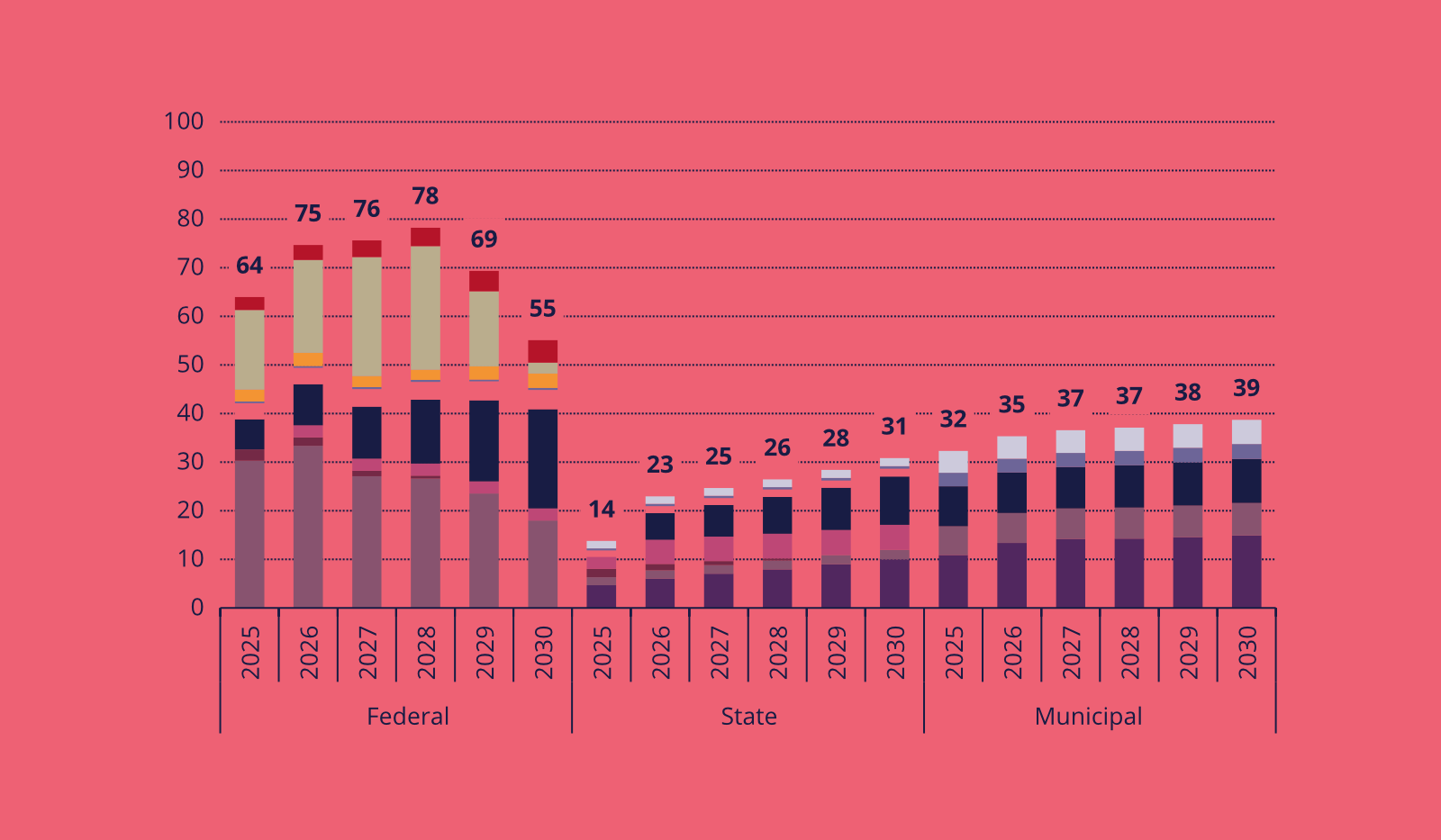- Research fields: monetary theory and policy, critical macrofinance, green central banking and macro decarbonisation, global financial cycle, climate finance and regulation, international development.
- Academic publications: “Carrots With(out) Sticks: Credit Policy and the Limits of Green Central Banking”. Review of International Political Economy (2024); “Institutional Supercycles: An Evolutionary Macro-Finance Approach”. New Political Economy (2023); “Fx Swaps, Shadow Banks and the Global Dollar Footprint”. Environment and Planning A (2022); “Chasing Unicorns: The European Single Safe Asset Project”. Competition and Change (2018).
- Professional experience: Daniela has extensive experience in engaging with policy-making, across green central banking, the macrofinancial aspects of market-based finance, and international development. She is currently a Member of the G20 Expert Group on Climate Finance, and has been an expert witness for the UNCTAD, the UK House of Lords Inquiry on Quantitative Easing, and the European Parliament (on securitization and COVID-19 public hearings). She has co-authored reports and policy briefs on green central banking and institutional investment.
























